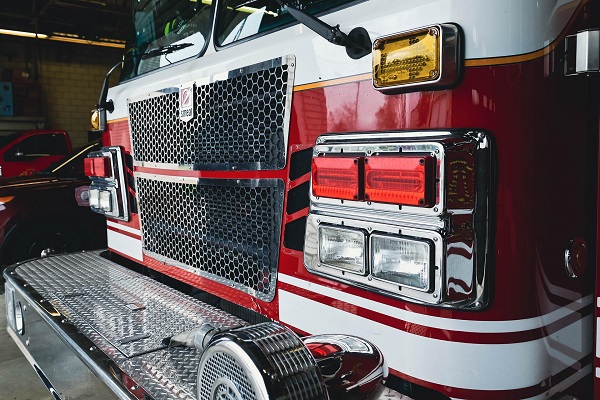Volunteer Firefighter Shortage Spurs MA Departments into Action

Kathryn Carley – Commonwealth News Service
If you dial 911, it is more than likely a volunteer firefighter will respond to your emergency, but in Massachusetts, there are not enough volunteers.
More than half the 360 fire departments in the Bay State are volunteer-run, and rarely do they fight actual fires. Most calls are for medical emergencies, and they also respond to floods, car accidents and even hazardous waste spills.
As climate change brings more extreme weather, firefighters can spend days or even weeks in rescue and recovery efforts.
Joe Maruca, fire chief in West Barnstable, said it puts a great strain on volunteer crews.
“Even our department, with 40 volunteers, sounds big, but it’s only just about the right size,” Maruca explained. “We would struggle on day three or day four of an event to be able to rotate people into the incident and sustain ourselves.”
Many fire departments still rely on word-of-mouth, open-house events and old-fashioned door knocking to recruit volunteers. They are also increasing their social media presence and working to interest high school students, who might consider a two-year certification program rather than leaving town to get a four-year college degree.
Maruca pointed out the amount of training required to become a volunteer firefighter and maintain the certification prohibits many people from signing up. But he emphasized there are other ways volunteers can support their local fire departments not involving emergencies.
“They help us with truck maintenance, and they help us with training, and they help us with human resource work,” Maruca outlined. “There’s all kinds of things they can do. We have people that help teach CPR classes to the community.”
Some local governments offer volunteers a financial stipend for their training hours or on-call hours.
Sarah Lee, CEO of the National Volunteer Fire Council, said such incentives are needed, as the lack of volunteers is forcing many departments to pool their resources and cover larger geographic areas.
“These small, rural communities are relying on volunteers to respond, and if they don’t have enough people, then the response time is going to be even longer,” Lee stressed. “It’s really important that they get people that want to step up and give back to their community.”
